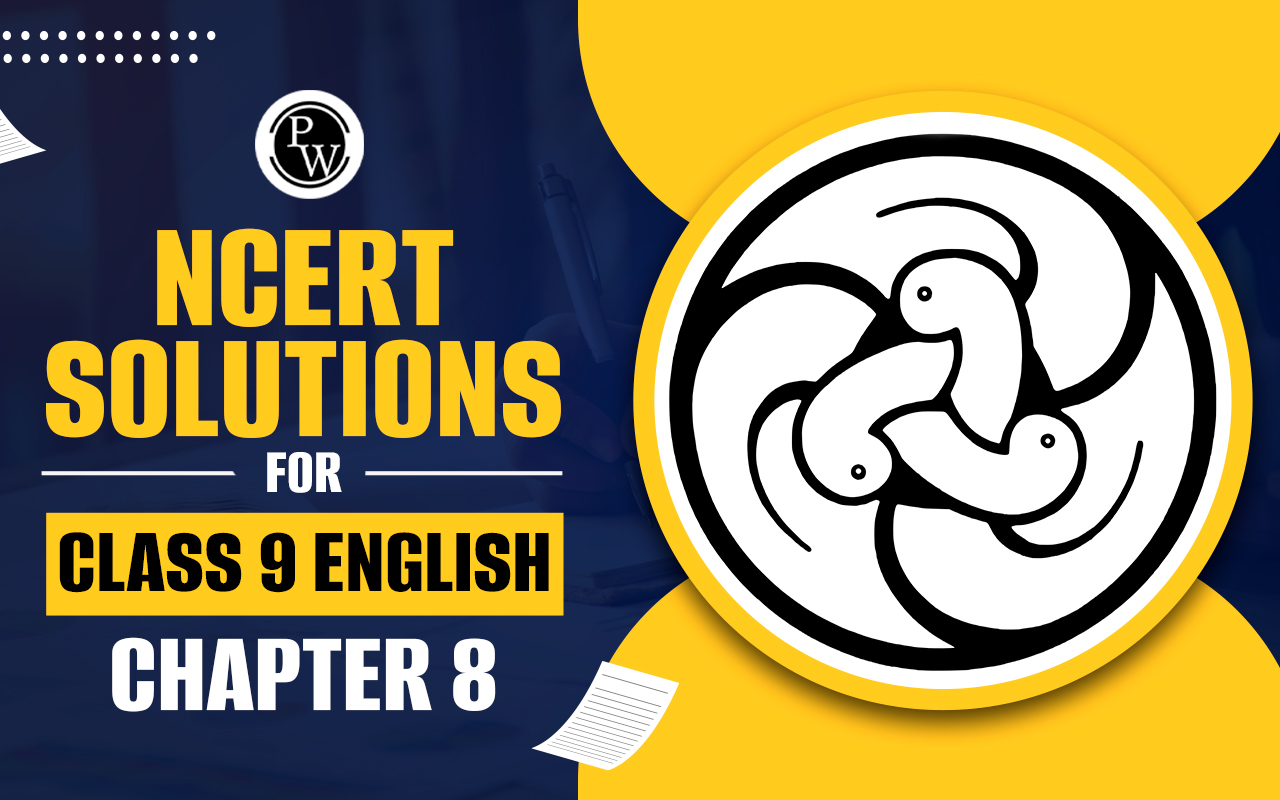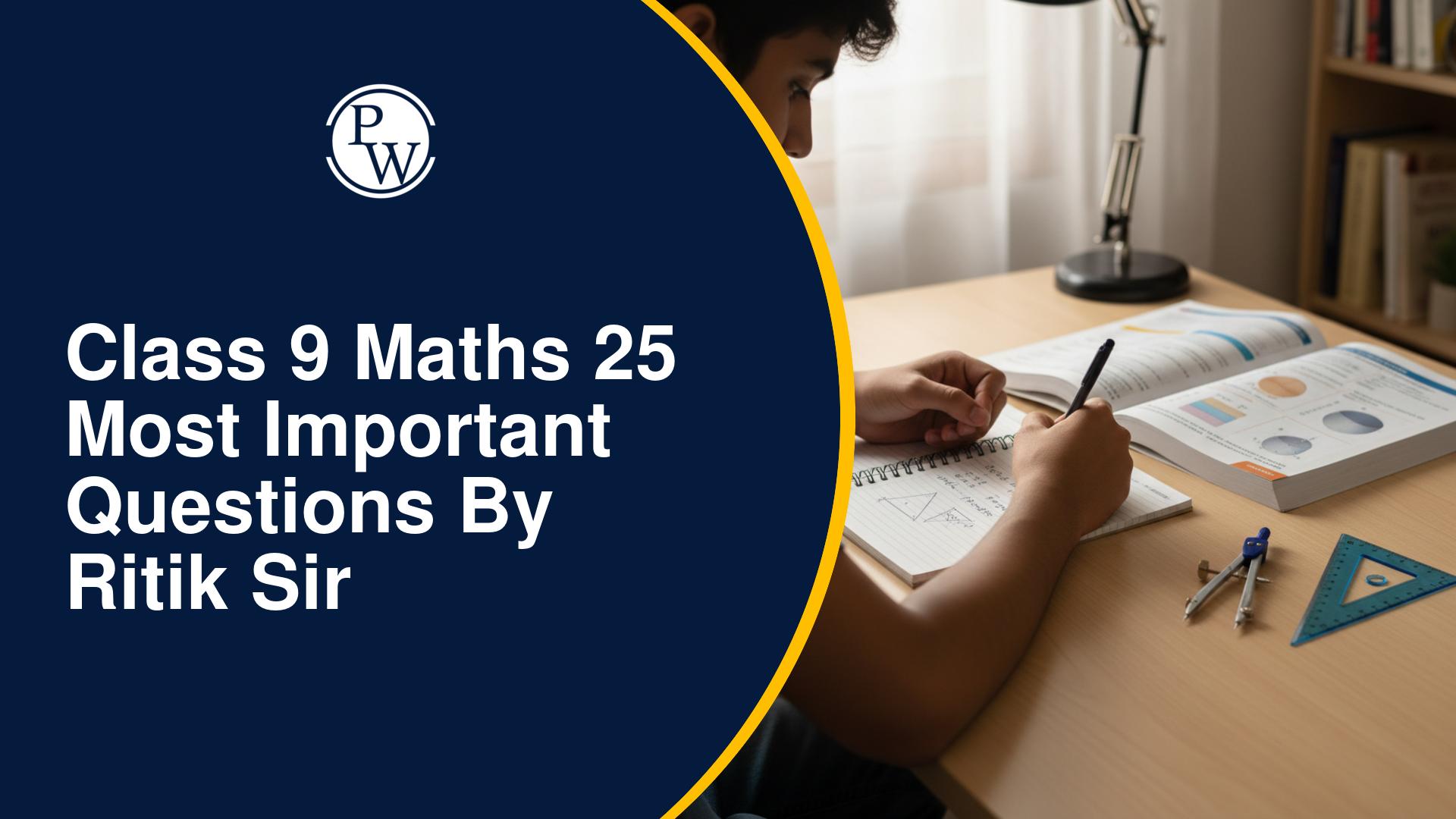
9 hour Study Time Table for Class 9: Class 9 is an important year in a student's academic journey. It lays the foundation for the next two years, especially with the upcoming Class 10 board exams. With a structured and disciplined approach, you can achieve great results. One key factor in this approach is having a well-planned study timetable that covers all subjects, allows enough revision time, and incorporates essential breaks to prevent burnout.
In this article, we'll discuss a 9-hour study timetable for Class 9, with suggested breaks, effective study techniques, and tips on staying focused and productive throughout the day.Why a 9-Hour Study Timetable?
A 9-hour study timetable is not about cramming in as much study as possible but about managing your time wisely. This timetable includes study sessions, short breaks, and time for meals and rest. It's created to optimize your focus and productivity, ensuring you cover all your subjects without feeling overwhelmed.General Guidelines for Creating a Timetable:
- Balance subjects : Make sure to allocate time for every subject, with extra focus on subjects you find challenging.
- Include breaks : Breaks are crucial to maintain concentration and avoid mental fatigue.
- Sleep and rest : Don’t compromise on sleep. A well-rested brain is more productive.
- Review regularly : Include time for revision to reinforce learning.
- Stay flexible : Life doesn’t always go as planned. Be ready to adjust your schedule when needed.
How to Get 95 Percent in CBSE Class 9 Exam
Sample 9-Hour Study Timetable for Class 9
Here is a sample study timetable that you can adjust according to your own needs and preferences.6:00 AM - 6:30 AM: Wake Up and Morning Routine
- Wake up early to kickstart the day with energy.
- Morning routine : Freshen up, drink water, have a healthy breakfast (including proteins and fruits for sustained energy).
- Use this time to mentally prepare for the day ahead.
6:30 AM - 8:00 AM: Study Session 1 - Subject 1 (Maths)
- Focus on a difficult or important subject like Mathematics during your peak concentration hours.
- Use active learning techniques : Solve problems, write down formulas, and practice equations. Don’t just read; make sure you're engaging with the material.
8:00 AM - 8:15 AM: Short Break
- Take a 15-minute break to refresh. You can walk around, stretch, or have a quick snack.
- Avoid screen time to keep your mind off studies.
8:15 AM - 9:45 AM: Study Session 2 - Subject 2 (Science)
- Allocate this time to Science (Physics, Chemistry, or Biology), which requires focus and problem-solving.
- Use this time to understand concepts and practice questions.
- Make diagrams or charts for difficult topics like cell structure, chemical reactions, etc.
9:45 AM - 10:00 AM: Break/ Snack Time
- 15-minute break : Refresh yourself with a light snack. A fruit or nuts would be ideal.
- If you wish, you can take this time to check messages or chat with family, but avoid heavy social media use.
10:00 AM - 11:30 AM: Study Session 3 - Subject 3 (English or Social Science)
- Focus on English or Social Science subjects. For English, work on writing essays, grammar, and literature.
- For Social Science , focus on memorizing important dates, events, and their significance. You can also make mind maps for topics like history and geography.
11:30 AM - 11:45 AM: Break
- Take a short break to relax your mind. Walk around, stretch, or drink water.
- Use this time to clear your head before your next session.
11:45 AM - 1:15 PM: Study Session 4 - Subject 4 (Mathematics or Science)
- Second session for Math or Science : Tackle the remaining concepts or work on topics you find harder. Practice problems, equations, or revise complex chapters.
1:15 PM - 2:00 PM: Lunch Break
- Take a 45-minute lunch break to recharge.
- Eat a nutritious lunch that includes carbohydrates, proteins, and vegetables to fuel your study session ahead.
2:00 PM - 3:30 PM: Study Session 5 - Subject 5 (English or Social Science)
- Focus on English : If you didn't finish in the earlier session, continue revising literature or grammar.
- If you’re working on Social Science , review chapters and try to answer questions from previous years’ exams.
3:30 PM - 3:45 PM: Break
- Take a short 15-minute break . Relax and refresh with a light snack or some breathing exercises.
3:45 PM - 5:15 PM: Study Session 6 - Revision Time
- Focus on revision : Use this time to go over previously studied topics and solve previous years’ questions.
- Reinforce your learning by summarizing concepts, making notes, or reviewing flashcards.
5:15 PM - 5:30 PM: Break
- Take another short break to stretch and refresh. Step away from your study area.
5:30 PM - 7:00 PM: Study Session 7 - Subject 6 (Any Remaining Subject)
- Use this time to work on any remaining subject or finish any work that needs attention.
- If you have assignments, use this time to complete them.
7:00 PM - 7:30 PM: Evening Break/ Snack Time
- Take a half-hour break to have a snack, relax, or engage in a short physical activity to unwind.
7:30 PM - 8:30 PM: Study Session 8 - Light Review and Practice
- This session can be lighter and more relaxed. Use it to review notes , highlight important points, or try out some practice questions from all subjects.
- Light revision is helpful for consolidating what you’ve studied throughout the day.
8:30 PM - 9:00 PM: Dinner Break
- Take a 30-minute dinner break . Eat something light and healthy.
9:00 PM - 10:00 PM: Final Study Session - Recap and Relaxation
- Use this last session to do a light recap of the day's study. Revisit important points or any topic you found tricky.
- Practice active recall and mind mapping .
Study Tips to Maximize Your Time
Prioritize Difficult Subjects : Focus on the subjects you find more difficult during your peak concentration hours (morning).
Stay Organized : Keep your study area clean and organized. This can help reduce distractions and improve focus.
Avoid Multitasking : Focus on one subject at a time, rather than switching between multiple subjects.
Stay Hydrated : Drink water regularly to keep your brain functioning at its best.
Exercise : Include at least 20-30 minutes of physical activity in your routine. This helps with mental clarity and focus.
Sleep Well : Never compromise on sleep. A well-rested mind retains information better and performs well during exams.
9 Hour Study Time Table for Class 9 FAQs
Why is a 9-hour study timetable necessary for Class 9?
Can I focus on only one subject per study session?
How important are breaks in a 9-hour study schedule?
Should I revise the previous day's work every day?










